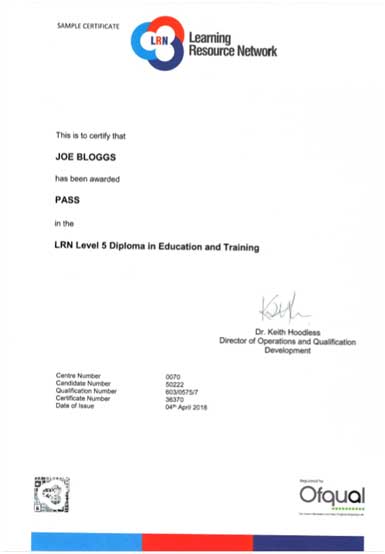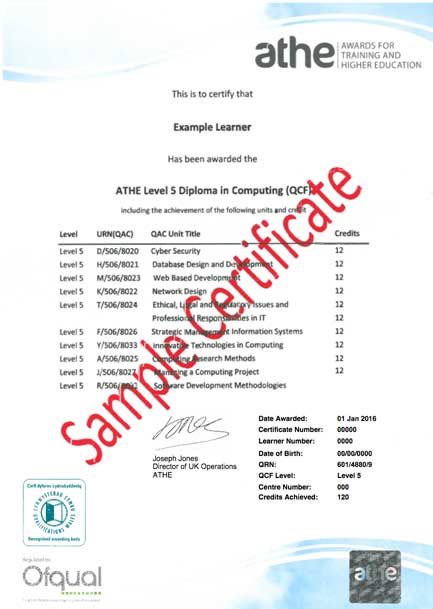How To Start Your Own Business
HOW TO START YOUR OWN BUSINESS
SHORT COURSE
£399
Course Overview
People often dream about starting their own business but don’t fully realize the implications of what this involves. Given the back-drop that nearly half of all businesses fail in their first year, you must have all the knowledge at your disposal to make an informed decision about whether running a business is right for you.
This is an introductory course for anyone who has recently set up a small or micro-business, or for anyone who is considering setting up a small or micro-business or is considering self-employment as a career option. As such, this course considers the key elements and issues that you need to think about and explore.
This course will allow you to:
- Learn key steps to increase your chances of success and minimize risk.
- Understand how to market your business, identifying competition, pricing, and branding strategies
- How to handle and recruit staff and administrative issues.
Besides, at the end of your course, you will be invited to create a business plan and pitch it to one of our expert academics. This will be an excellent opportunity to put the knowledge you’ll have gained into practice, whilst also allowing you to take advantage of the feedback and guidance provided by our experienced tutors.
Course Duration
Students can enroll in this course at any time. There is approximately 100 hours worth of learning material included. Students will have access to the study material for five years.
Assessment
This course is assessed by a series of self-assessment exercises.
Eligibility
This course is most suited to individuals who are at least 16 years old and have an interest in setting up a new business.
Course Fees
The total cost of the course is £ 399
Students can make payment using one of the following methods:
- Credit or Debit Card
- Bank Transfer
- Interest Free Monthly installments
- Paypal
- Western Union
The Course Fee includes
- All course material
- Dedicated student support
- Access to an online social learning forum
- Guidance for designing/writing CV, upon completion of the course
- Business plan review by one of our expert tutors
Unit Summary
This course is made up of 5 units, which cover a range of subject areas, please see below for more information:
Unit 1 Thinking of starting a business
- The problems and potential of small-business start-up
- Sources of information
- Why start a business
- Personal skills
- The realities of starting a business
- Success v failure
- Your business idea
- Am I suited to running a business
- People and roles
- Business start-up expenses
- Sources of money
- Finding premises
- Financial issues
- Legal issues
- Practical issues
Unit 2 Finance for business start-up
- Looking after your money
- Budgeting for personal survival
- Financial responsibilities
- Common causes of financial failure
- Financial control
- Expenses
- Employing staff
- Pricing
- Cash flow
- Profit and loss account
- Balance sheet
- Performance ratios
- Credit terms
Unit 3 Marketing for business start-up
- What marketing is
- Definitions of marketing
- Marketing in practice
- Understanding customer needs and wants
- Using a marketing strategy
- The 7Ps of marketing
- Turning prospects into customers
- Types of Marketing message
- Writing marketing material
- Websites
- Newsletter marketing
- The marketing plan
- Classic marketing mistakes
Unit 4 Business planning for business start-up
- Purpose of a business plan
- Demands and limitations of business planning
- Basic aspects of business planning
- Business plan format
- The executive summary
- The business
- SWOT analysis
- Products and services
- Marketing
- Financials
- Business planning top tips
Unit 5 Communicating for success in business.
- Networking
- Defining communication
- The communication cycle
- Noise
- Barriers to communication
- Spoken word – general considerations
- The written word – general considerations
- First impressions
- Non-verbal behavior
- Active listening
- Written communication
- Email etiquette
- Writing marketing copy for your business
Level: 5 Module Listing
Principles underpinning health and social care
All health and social care professionals have professional codes of conduct. This module aims to develop an understanding of the values, theories, and policies underpinning health and social care practice and the mechanisms that exist to promote good practice within the sector.
The management of quality in health and social care
Quality is an essential component of health and social care services and a concept with many different interpretations and perspectives. The aim of this module is for learners to develop an understanding of different perspectives on health and social care service quality and how it is evaluated in order to empower and involve users of services.
Research project
This module aims to develop the learner’s skills of independent inquiry and critical analysis by undertaking a small pilot investigation of direct relevance to their higher education program or professional development.
Partnership working in health and social care
The aim of this module is to enable learners to develop an understanding of the importance of working positively in partnership with others in health and social care. Learners will explore the nature of partnership on three levels. First, they will examine partnerships with users of services that empower individuals to make informed decisions and encourage independence. Second, they will consider partnerships between different professionals within the health and social care and explore inter-agency working. Finally, learners will investigate organizational partnerships and examine different ways of joint working.
Working with service users with complex needs
The aim of this unit is to help learners to understand issues of health, disability, and illness and how health care professionals can empower those with complex physical and mental health needs to determine their own care.
Sample Certificate

Level 5 Sample Certificate

Written Assignments
The ATHE Level 7 Diploma in Strategic Management Course has 30 modules and 8 written assignments. On completion of the modules, students will be given access to the assignments. The assignments are approximately 5,000-8,000 words each. Students are provided support on the modules and assignments via the ‘Tutor’ section of the learning platform.
The Assignment unit titles for the level 7 course are:
- Strategic marketing
- Personal development for leadership and strategic management
- Organizational behavior
- Strategic planning
- Research for strategic development
- Finance for strategic managers
- Strategic human resource management
- Corporate communication strategies
More information about the Level 7 units can be found here www.athe.co.uk
Assessment
Assessment at Mortha Halls of Ivy is a very straightforward process:
- After you have completed an online module, you will have an online assessment to complete. This assessment contains 30 multiple-choice questions. You will have one hour to complete these questions which are answered in sets of five so you will have plenty of time to review and edit your answers. After an hour the test will automatically time out.
- After you have completed the test, your results will be displayed immediately. If you have passed, you will receive a Certificate of Completion. If you didn’t pass, you will receive a notification of a “refer’’ where you will be told how to retake a module assessment. You can complete these modules at your own pace, as there is no deadline to complete the course.
- When the online modules have been completed, you will then be able to take the final written assignments, provided by Mortha Halls of Ivy, that test your knowledge and understanding of the modules. After the successful completion of these eight assignments, you will receive your Diploma (from the Awarding Organization).
- You will then be eligible to apply for progression onto a Top-up course through a recognized UK university on-campus or by distance learning
Progression
This level 5 qualification will enable students to teach in the post 16 tertiary education sector of colleges and community schools. The route to teaching in the state school sector using this level 5 qualification is through membership of the Society of Education & Training (SET).
To be eligible for SET membership students are required to have completed their Initial Teacher Training (ITT). ITT involves successful completion of a Level 5 Teacher Training Course, assuming candidates have already completed a Level 2 (GCSE) Maths and English or equivalent. Completion of the courses provides students with their Qualified Teacher Learning Skills (QTLS) which is equivalent to the Qualified Teacher Status (QTS) and sufficient to teach in state schools, as well as Further Education.
For more information on the QTLS and how to achieve it on completion of this level 5 Education and Training qualification, please click here
Students may wish to contact SET direct for further clarification of their requirements
Career Path
Successful completion of the full Level 4/5 Health and Social Care course and final year of an accredited Undergraduate Degree program will act as a springboard to a professional career in health and social care services. The course pulls together theory and practice for those who wish to work with people in a caring environment. It is suitable as a base for those who wish to move onto one of the many health or social professions or those who want to keep their options open.